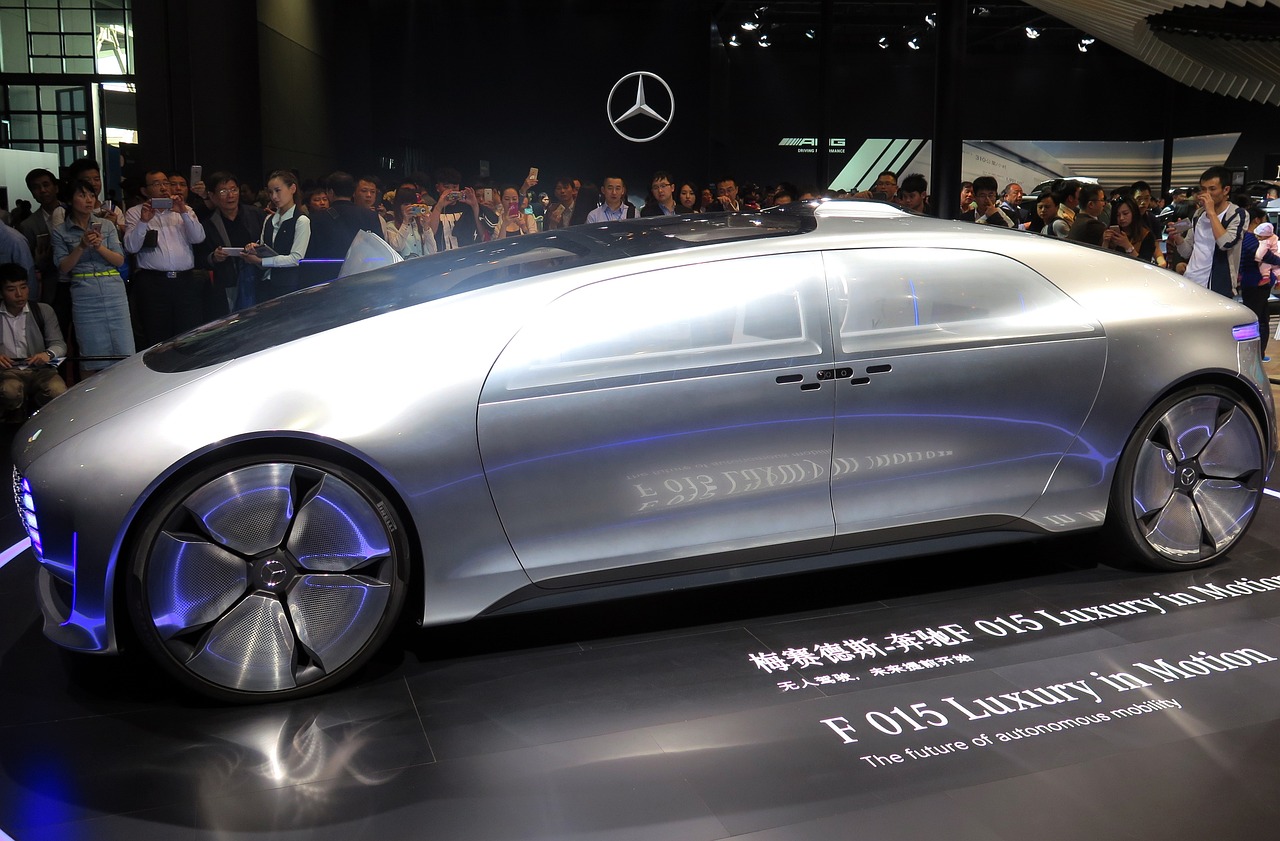The Impact of Vehicle Electrification on the Automotive Workforce
skyexchange, world 777, goldbet7:The Impact of Vehicle Electrification on the Automotive Workforce
As the automotive industry continues to evolve, vehicle electrification has become a prominent trend. With the rise of electric vehicles (EVs) and hybrid cars, there is a significant impact on the automotive workforce. From manufacturing to servicing, the shift towards electrification is changing the landscape of the industry and the jobs within it.
The Automotive Industry in Transition
The transition towards vehicle electrification is driven by factors such as environmental concerns, government regulations, and advancements in technology. Electric vehicles offer lower emissions, reduced reliance on fossil fuels, and improved energy efficiency compared to traditional gasoline-powered vehicles. As a result, automakers are investing heavily in electrified vehicles to meet consumer demand and regulatory requirements.
This transition is reshaping the automotive workforce in several ways. As electric vehicles become more prevalent, the need for workers with expertise in electric vehicle technology is growing. This includes engineers, technicians, and mechanics who understand the unique components and systems of EVs and hybrids. In addition, there is a shift towards software and electronics in vehicle design and manufacturing, creating new opportunities for skilled workers in these areas.
Impact on Manufacturing Jobs
One of the most significant impacts of vehicle electrification on the automotive workforce is in manufacturing. The production of electric vehicles requires different processes and technologies compared to traditional vehicles. This includes new manufacturing techniques for battery cells, electric motors, and electronic components that power EVs.
As automakers ramp up production of electric vehicles, there is a growing demand for workers with expertise in these areas. This includes engineers specializing in battery technology, electric drivetrains, and vehicle integration, as well as technicians who can assemble and test electric vehicle components. In addition, there is a need for workers to maintain and repair the specialized equipment used in EV manufacturing facilities.
Impact on Service and Maintenance Jobs
In addition to manufacturing, vehicle electrification is also changing the landscape of service and maintenance jobs in the automotive industry. Electric vehicles have fewer moving parts than traditional vehicles, which means they require less frequent maintenance and repairs. However, EVs have unique components such as batteries, electric motors, and power electronics that require specialized training and expertise to service.
As electric vehicles become more common on the road, there is a growing need for technicians and mechanics who can diagnose and repair issues with EVs. This includes training on high-voltage systems, battery management, and software updates for electric vehicles. In addition, there is a need for infrastructure development to support the charging and servicing of electric vehicles, creating new opportunities for skilled workers in this area.
Overall, the shift towards vehicle electrification is changing the automotive workforce and creating new opportunities for workers with expertise in electric vehicle technology, manufacturing, and servicing. As the industry continues to evolve, it is essential for workers to adapt to these changes and acquire the skills needed to succeed in a rapidly changing automotive landscape.
FAQs
Q: What skills are needed to work in the electric vehicle industry?
A: Workers in the electric vehicle industry need a combination of technical skills related to electric vehicle technology, manufacturing processes, and servicing. This includes expertise in battery technology, electric drivetrains, vehicle integration, high-voltage systems, and software updates for electric vehicles.
Q: How can workers prepare for the shift towards vehicle electrification?
A: Workers can prepare for the shift towards vehicle electrification by acquiring the necessary skills and training in electric vehicle technology, manufacturing processes, and servicing. This may include pursuing advanced education in STEM fields, obtaining certifications in electric vehicle technology, and gaining hands-on experience with EVs.
Q: Will the shift towards vehicle electrification result in job losses in the automotive industry?
A: While the shift towards vehicle electrification may lead to changes in the types of jobs available in the automotive industry, it is also creating new opportunities for workers with expertise in electric vehicle technology, manufacturing, and servicing. As the industry continues to evolve, there will be a growing demand for skilled workers in these areas.







